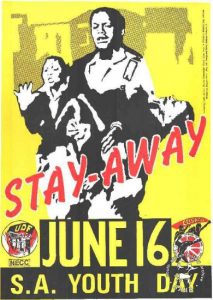 High school student-led protests in South Africa began on the morning of June 16, 1976 in response to the introduction of Afrikaans as the medium of instruction in local schools. Known as the Soweto uprising, an estimated 20,000 students took part in the protests. The police fired teargas and live ammunition on demonstrating students. The official count is that 176 protesters were killed, but actual estimates are much higher.
High school student-led protests in South Africa began on the morning of June 16, 1976 in response to the introduction of Afrikaans as the medium of instruction in local schools. Known as the Soweto uprising, an estimated 20,000 students took part in the protests. The police fired teargas and live ammunition on demonstrating students. The official count is that 176 protesters were killed, but actual estimates are much higher.
According to South Africa History Online:
Events that triggered the uprising can be traced back to policies of the Apartheid government that resulted in the introduction of the Bantu Education Act in 1953. The rise of the Black Consciousness Movement (BCM) and the formation of South African Students Organisation (SASO) raised the political consciousness of many students while others joined the wave of anti-Apartheid sentiment within the student community. When the language of Afrikaans alongside English was made compulsory as a medium of instruction in schools in 1974, Black students began mobilizing themselves. . .
On their pathway they were met by heavily armed police who fired teargas and later live ammunition on demonstrating students. This resulted in a widespread revolt that turned into an uprising against the government. While the uprising began in Soweto, it spread across the country and carried on until the following year.
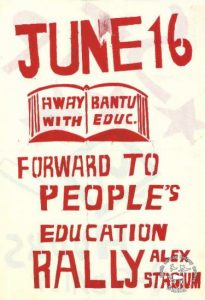 The South Africa History Online website offers more background on the uprising:
The South Africa History Online website offers more background on the uprising:
The introduction of Afrikaans alongside English as a medium of instruction is considered the immediate cause of the Soweto uprising, but there are a various factors behind the 1976 student unrest.
These factors can certainly be traced back to the Bantu Education Act introduced by the Apartheid government in 1953. The provisions of the Bantu Education Act and some policy statements made by the Bantu Education Department were directly responsible for the uprisings. Dr. Hendrik F. Verwoerd (of the Department of Native Affairs) engineered the Bantu Education Act and announced that “Natives (Blacks) must be taught from an early age that equality with Europeans (whites) is not for them.”
June 16 is now a public holiday in South Africa, Youth Day in remembrance.
The Morningside Center offers a lesson, Soweto Uprising: How a Student-Led Movement Changed History by Teresa Ann Willis. Students learn about the Soweto Uprising as well as two current U.S. youth-led movements, Dream Defenders and March for Our Lives.
Find resources for teaching about the history of South Africa below, including Strangers In Their Own Country: A Curriculum Guide on South Africa.


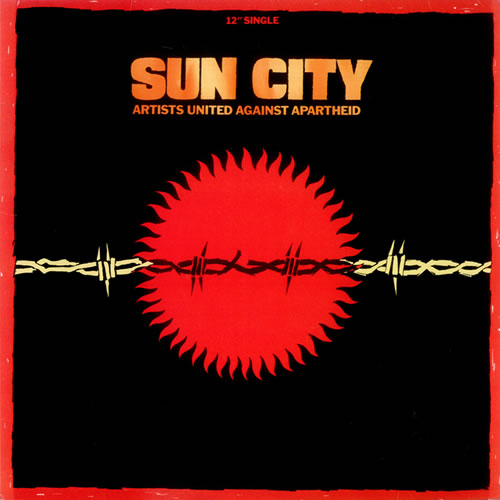
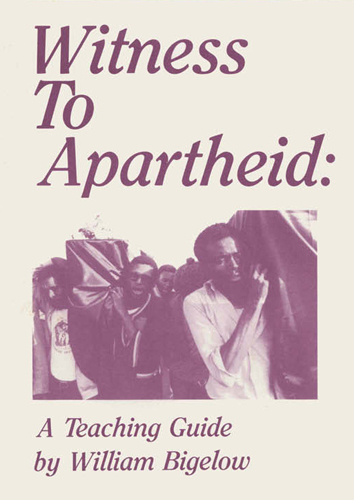
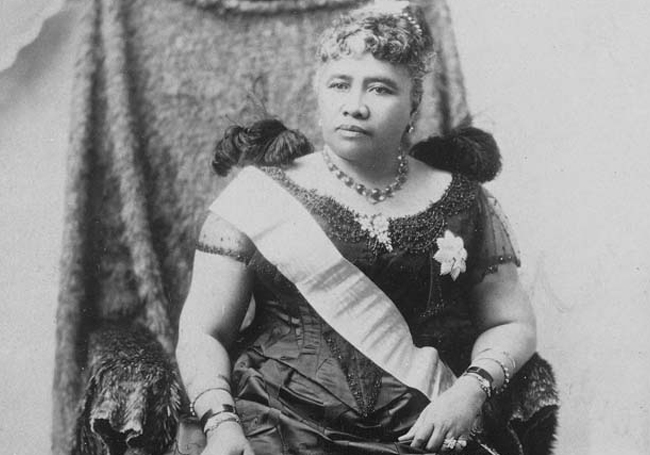
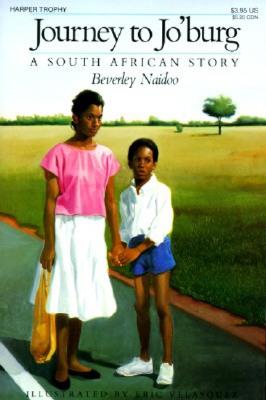


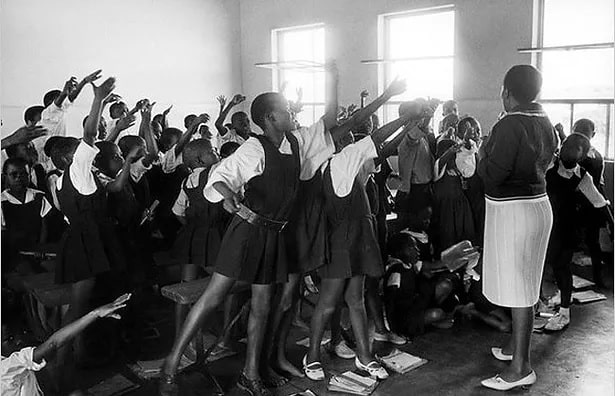
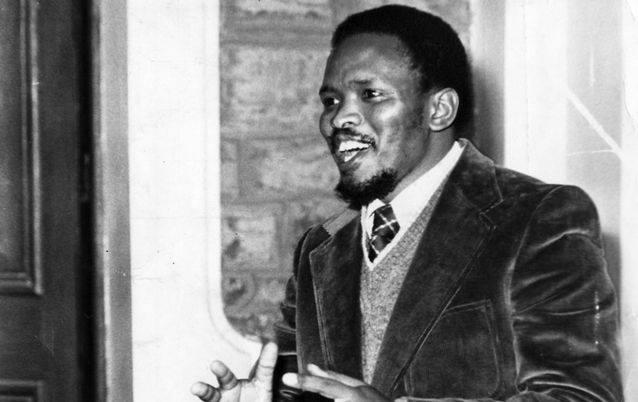
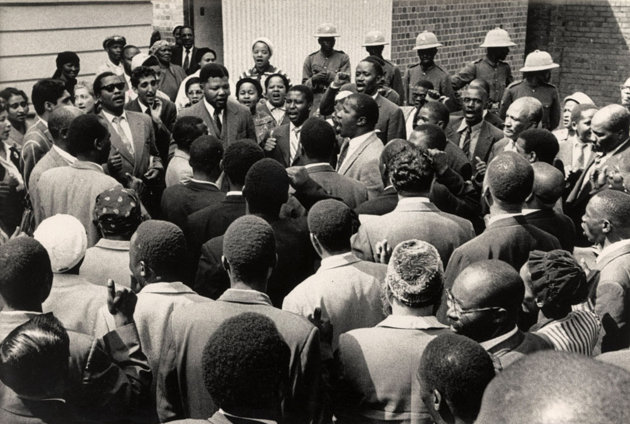





Twitter
Google plus
LinkedIn